
Ghana’s path to the Public Financial Management Act of 2016 (Act 921) shows how it evolved from a country just out of colonial rule to a modern, democratic one that wants good governance. In Ghana’s financial system, the Financial Administration Act of 1979 is recognised as part of the country’s efforts to ensure transparency, accountability, and responsibility in public spending. These laws set up the first ways to plan and prepare a budget, implement it, and monitor its implementation.
The Supreme Military Council Decree (SMCD 221) was one of the most important legislative instruments in administering public funds in the country for decades. However, by the 1990s and 2000s, its weaknesses were evident. It was increasingly viewed as outdated, fragmented, and lacking the necessary framework to ensure transparency, accountability, and efficiency in contemporary public financial management.
Concerns such as weak expenditure control, poor cash management, and relentless audit infringements underscored the need for comprehensive reform. This culminated in a long consultative process, leading to the repeal of SMCD 221 and the enactment of the Public Financial Management Act, 2016 (Act 921).
The PFM (Act 921) was a paradigm shift because of the composite nature of its structure and provisions. It integrated the budget cycle from strategic planning and formulation to execution, reporting, and audit into one comprehensive law. It strengthened the roles of the Minister of Finance and the Controller and Accountant-General, mandated modern treasury management, and, crucially, gave statutory power to independent Audit Committees in all government institutions to provide real-time oversight.
Ghana’s Public Financial Management Act, 2016 (Act 921), is a key law for ensuring good governance and accountability. While the finance minister and Controller and Accountant-General receive much attention, the Audit Committee is given prominence and a crucial role. It is a key element in ensuring transparency, accountability, and prudent financial management.
For the Metropolitan, Municipal, and District Assemblies (MMDAs) and State-Owned Enterprises (SOEs), the Audit Committee is not just an administrative formality. It is the core of internal control and fiscal integrity, as the PFMA intended.
The PFMA, 2016, changed the Audit Report Implementation Committee (ARIC) to the Audit Committee’s status and endowed it with more powers and responsibilities. It is now a statutory body, with a majority of its members being independent members, and the Chairman is elected by the independent members. Its main duty is to give independent oversight of public fund management. Each MMDA and SOE must ensure the committee:
• Reviewing Audits and Actions: The committee examines the audit report of the entity issued by the Auditor-General. Crucially, it must also review management’s action plan to address the audit findings, ensuring that recommendations are not shelved but are implemented to rectify weaknesses. The committee meets quarterly to discharge its mandate.
• Overseeing Internal Controls: It is responsible for ensuring that the entity has established and maintains effective internal control and risk management systems. This is a proactive measure to prevent financial malfeasance and operational inefficiencies before they occur.
• Promoting Compliance: The committee ensures that the entity complies with all relevant laws, regulations, and policies, including the PFMA itself, the Public Procurement Act, and specific internal financial directives. Other special assignments, monitoring and evaluation reports are worthy of consideration by the committee.
• Assessing Internal Audit: It reviews and approves the work plan of the internal audit unit, ensuring its independence and effectiveness. The committee serves as a safeguard for internal auditors, enabling them to perform their duties without fear of intimidation from management.
• Reporting Directly to Parliament and the Public: In line with section 88 (2)(c) of the PFMA and paragraph 17 of the Guidelines for effective functioning of Audit Committee, the Committee of MMDAs and SOE is required to submit an annual report on its activities directly to the sector minister and Parliament. This is a powerful provision for transparency. This bypasses management and ensures that oversight findings reach the highest levels of governance.
Why this matters for every Ghanaian
The effective operation of Audit Committees constitutes a matter of direct public interest, extending beyond technical concerns limited to accounting professionals.
Curbing Financial Misconduct: Vigilant Audit Committees can significantly reduce the misapplication of funds, unauthorized expenditures, and procurement irregularities that frequently affect public institutions. Such oversight safeguards public financial resources.
Improving Service Delivery: In MMDAs, effective financial management facilitates infrastructure development, improved sanitation, and adequately equipped schools. In SOEs, it supports efficient service provision, stable utility pricing, and the generation of dividends for national development. Weak Audit Committees are frequently associated with suboptimal public service delivery.
Restoring Public Trust: Persistent audit infractions, as highlighted in the Auditor-General’s annual reports, erode citizen confidence in public institutions. A robust and independent Audit Committee is a demonstrable commitment to accountability, helping to rebuild this vital trust.
Challenges and the path forward
Despite this robust legal framework, challenges persist. Some committees face interference from management, lack the requisite technical expertise, or are not provided with adequate resources to function effectively. To fully realise the benefit of the PFMA, the following steps are crucial:
- Ensuring True Independence: The appointment process for committee members must be transparent and based on competence, particularly in finance and governance. Their independence from the management they oversee must be untouchable.
- Capacity Building and Resources: Government and oversight bodies must invest in continuous training for Audit Committee members on the evolving PFMA landscape and provide them with the necessary tools and budget to perform their duties effectively. In the past, some notable institutions had contributed to this, such as the Internal Audit Agency, GIZ, Ghana Integrity Initiative, and Ghana Anti-Corruption Coalition.
- Enforcement and Consequences: Parliament and the relevant Ministers must act decisively on the annual reports submitted by these committees. When committees highlight persistent non-compliance, there must be tangible consequences for the responsible management officials. The Parliamentary Select Committee on the Local Government, Rural Development, and Decentralization deserves some commendation for acting on the reports of the Audit Committee of MMDAs. This excellent initiative must be emulated by another select committee responsible for SOEs and other quasi-organizations.
Conclusion
The Audit Committees of MMDAs and SOEs are the guardians at the gate of our public purse. The Public Financial Management Act, 2016, has armed them with the necessary legal authority. It is now incumbent upon all stakeholders, from appointing authorities and management to civil society and the media, to ensure these committees are empowered, respected, and heard. By strengthening these vital cells of accountability, we take a decisive step towards a future where every cedi of public funds is made to work for the ultimate benefit of the Ghanaian people.
The writer is the Chairman, East Gonja Municipal Assembly Audit Committee.
BY CA BABA ADAMS (PhD CANDIDATE)
???? Follow Ghanaian Times WhatsApp Channel today. https://whatsapp.com/channel/0029VbAjG7g3gvWajUAEX12Q
???? Trusted News. Real Stories. Anytime, Anywhere.
? Join our WhatsApp Channel now! https://whatsapp.com/channel/0029VbAjG7g3gvWajUAEX12Q

The post Public financial governance and audit committee efficacy in Ghanaian local government and state enterprises appeared first on Ghanaian Times.
Read Full Story

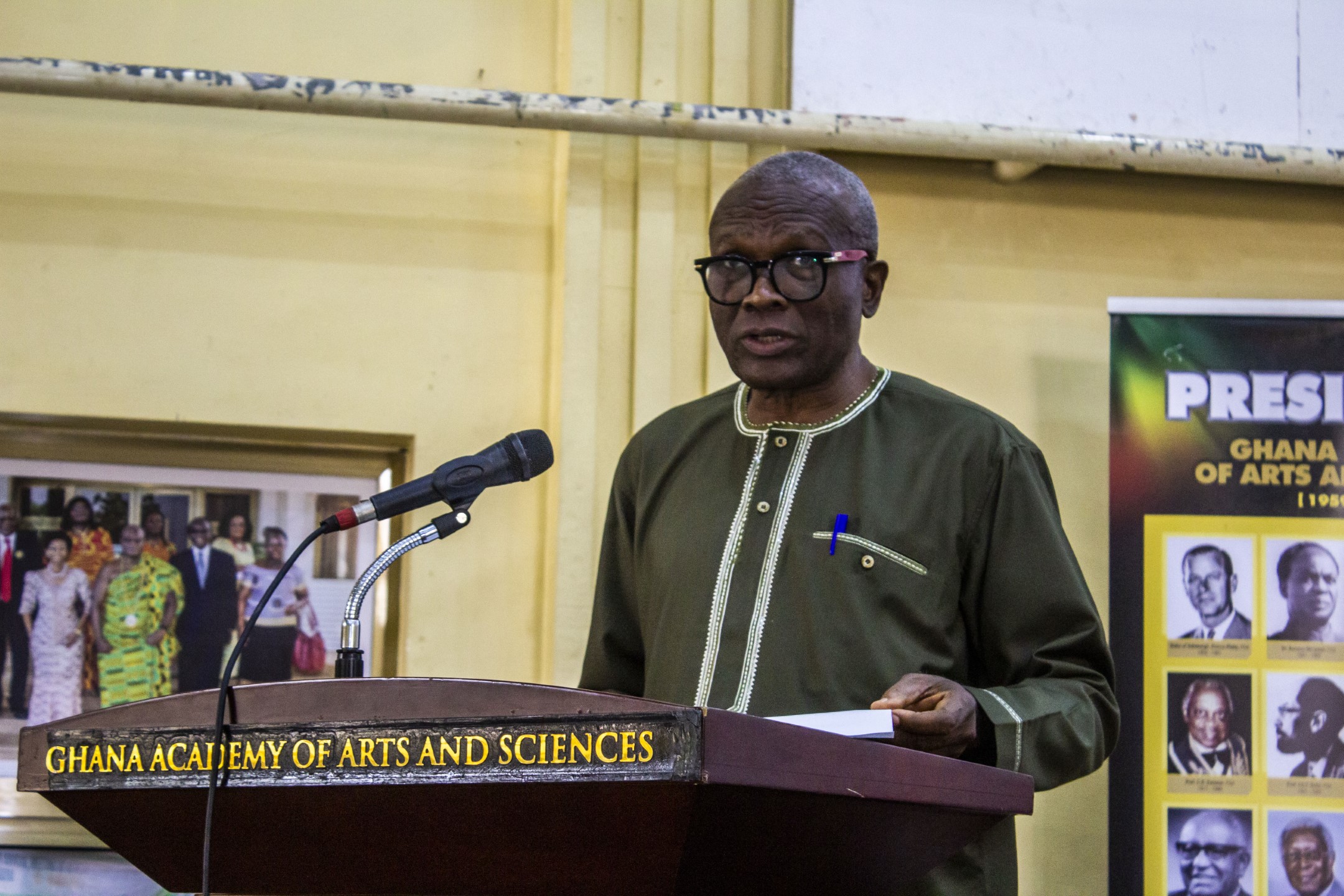
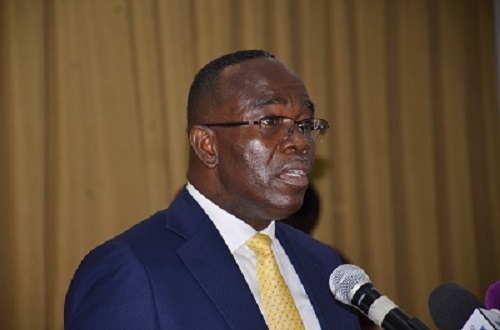

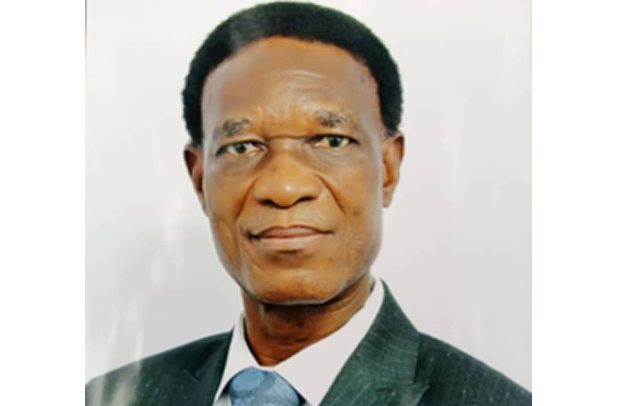


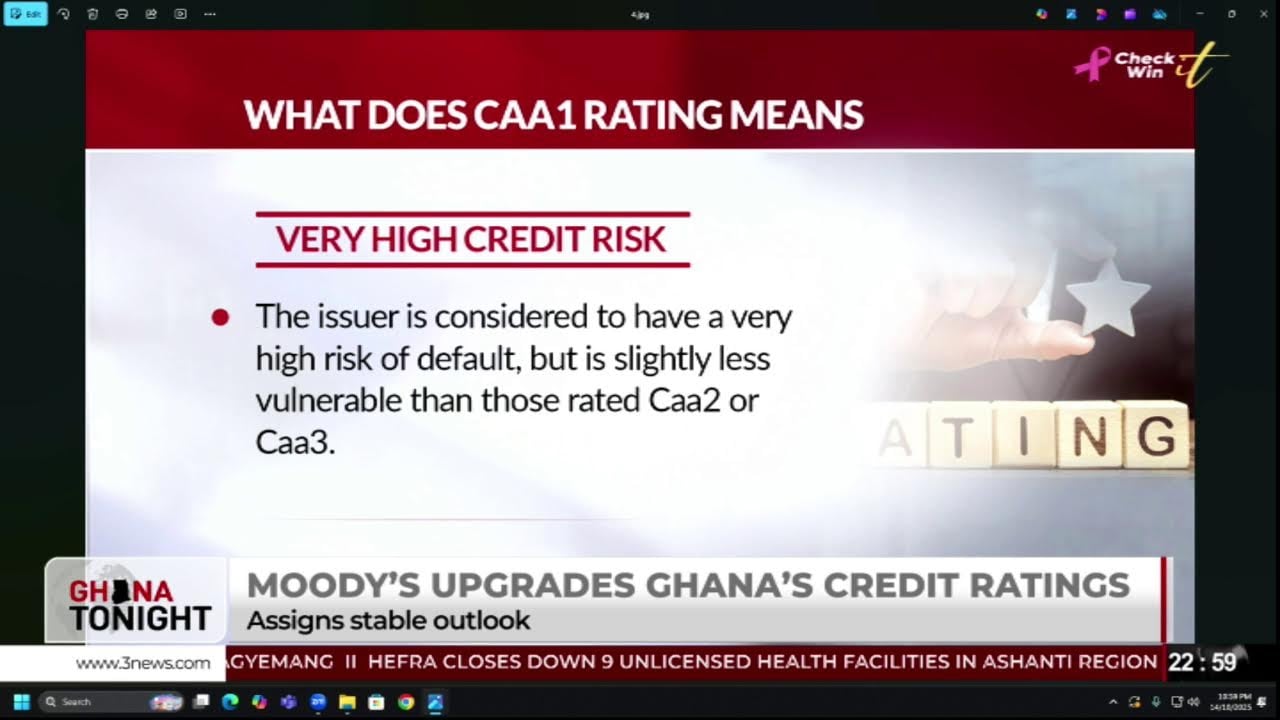




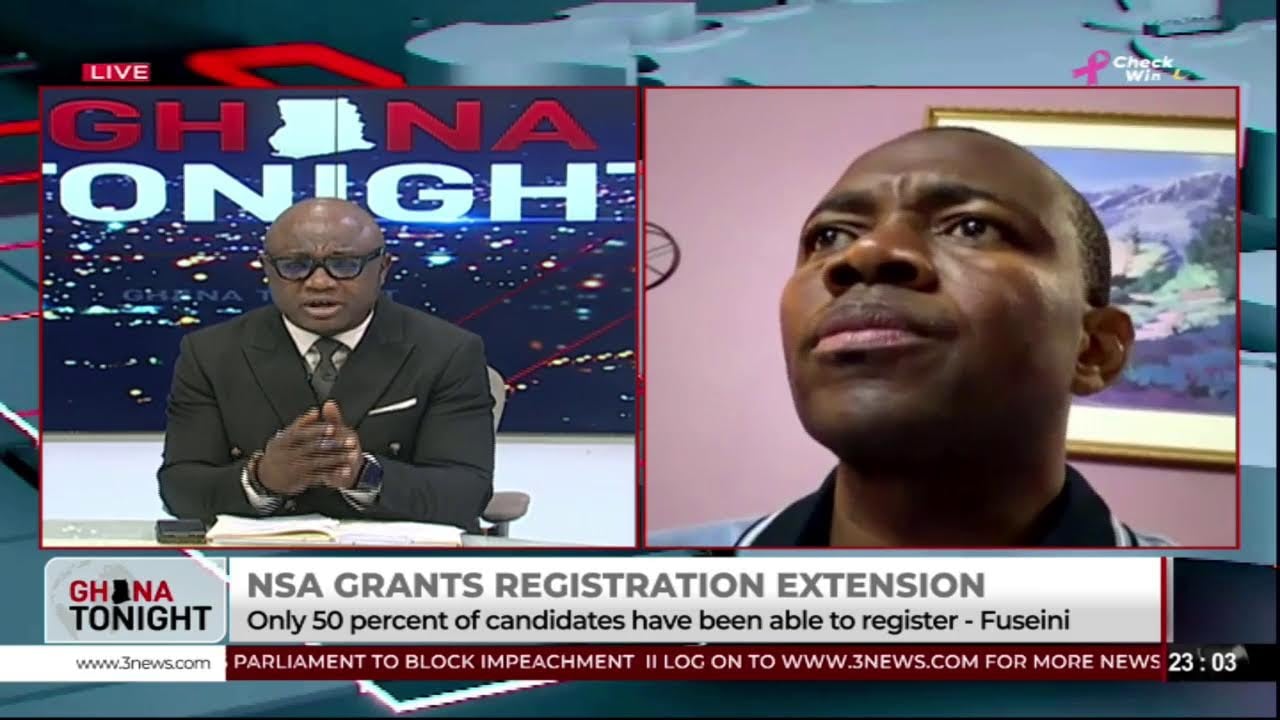

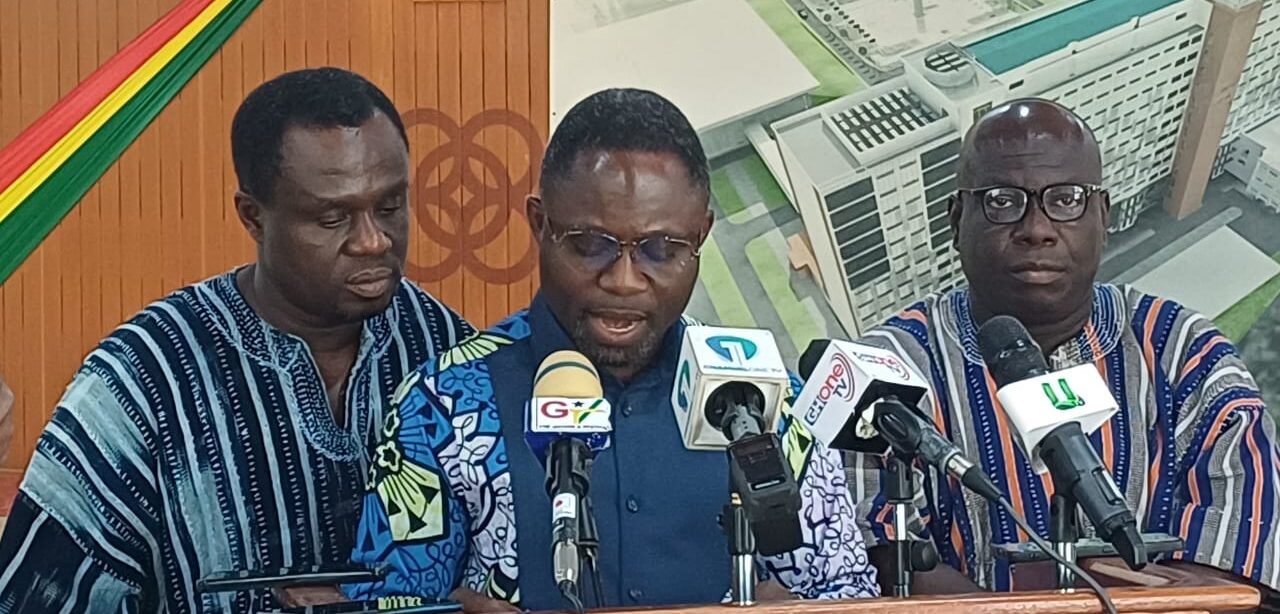
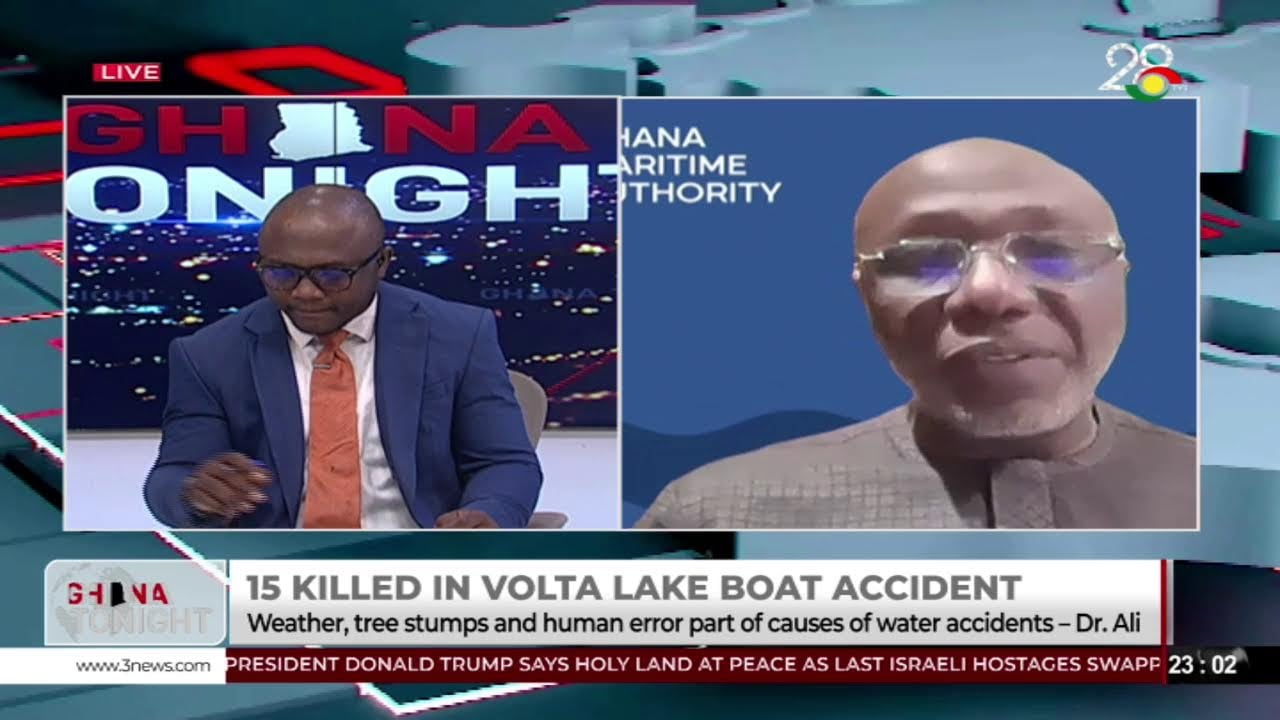








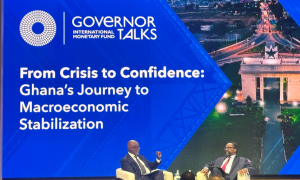

Facebook
Twitter
Pinterest
Instagram
Google+
YouTube
LinkedIn
RSS